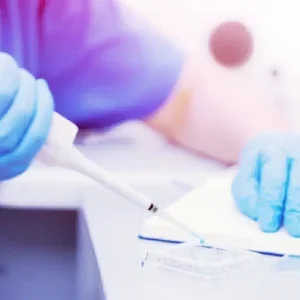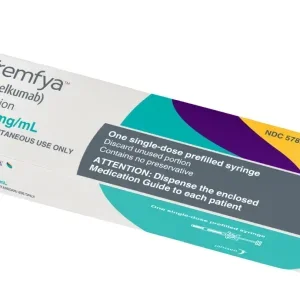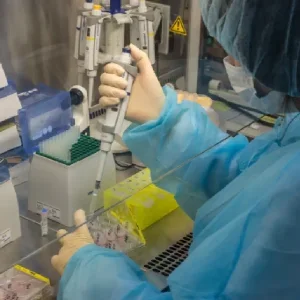
The European Commission (EC) has imposed a fine of €489,000 on Alchem International and its subsidiary, Alchem International (H.K.) for violating the European Union (EU) antitrust laws.
According to the EC, Alchem was found to have engaged in cartel activities relating to the pharmaceutical ingredient N-Butylbromide Scopolamine/Hyoscine (SNBB). This ingredient is essential for producing the antispasmodic drug Buscopan.
In October 2023, the Commission issued a settlement decision imposing total fines of €13.4m on six companies involved in the same cartel.
Alchem opted not to settle, prompting a continued investigation under standard cartel procedures. Consequently, the Commission delivered a Statement of Objections to Alchem in June 2024.
The investigation into Alchem revealed that the company had participated in fixing minimum sales prices for SNBB and allocated quotas among customers such as distributors and generic drug manufacturers.
Additionally, the EC said that Alchem was involved in exchanging sensitive commercial information, constituting a single continuous infringement within the European Economic Area from November 2005 to February 2018.
EC Clean, Just and Competitive Transition Executive Vice-President Teresa Ribera said: Today’s decision marks the end of our investigation into the SNBB cartel, which concerned an active pharmaceutical ingredient used to produce widely prescribed drugs.
“Our investigation showed that Alchem, the only producer who chose not to settle, illegally coordinated prices and allocated quotas for more than 12 years. Today’s decision underscores the crucial role of competition as the key to unlocking affordable access to essential medicines.”
This case marks the first instance of a cartel sanction by the Commission concerning an active pharmaceutical ingredient. The investigation saw collaboration with competition authorities in Switzerland and Australia.
The penalty imposed was determined by the Commission’s 2006 Guidelines on fines, considering factors like the value of SNBB sales linked to the infringement, its multifaceted nature, geographical scope, and duration.
Since Alchem did not cooperate during the investigation, it did not receive any reduction under its 2006 Leniency Notice or 2008 Settlement Notice, said the EC.
The investigation originated from an application submitted under the Commission’s 2006 Leniency Notice by C2 PHARMA in April 2019, followed by further applications for fine reductions by Transo-Pharm and Linnea after inspections conducted in September 2019.






